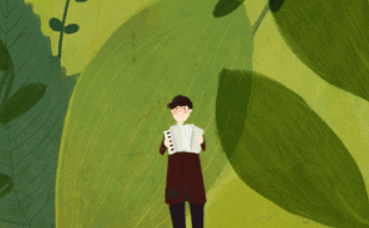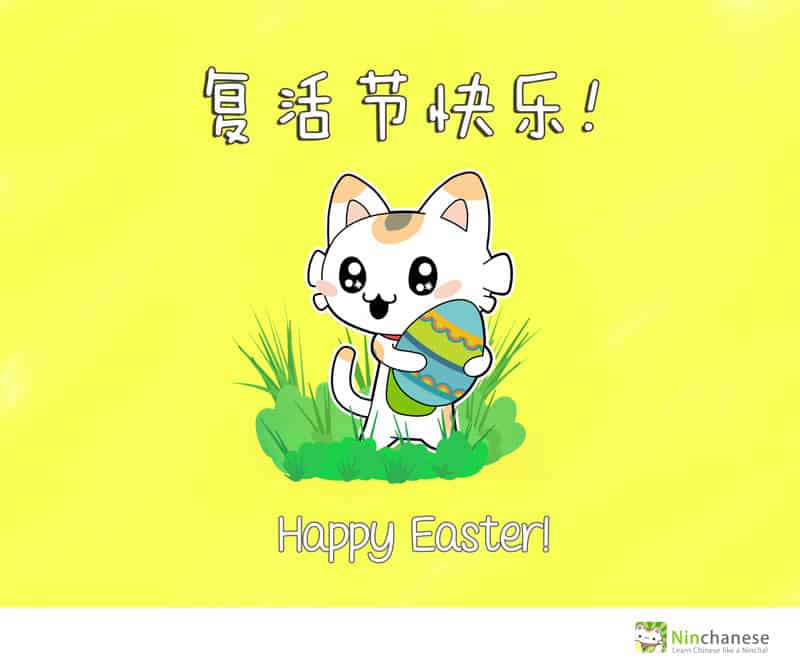Today is the first day of Spring! Finally! To celebrate today being the first day of spring, we wanted to share with you these beautiful illustration by Oamul (卤猫) depicting the different stages of spring. Did you know the Chinese divided spring into 6 terms? Read on to learn more!
Oamul is a very talented Chinese artist I discovered during one of my explorations of the interwebs, looking for fellow cats (notice the 猫 character in his name?). You may not have heard of him, but this Chinese New Year Google Doodle might look familiar to you. Yup, he drew that. Nice, huh?
Not just one Spring in Chinese, but six!
Rather than just drawing one illustration, Oamul decided to draw 6 animated illustrations for Spring. Why 6 you ask? Well, it’s not because he just had a lot of inspiraton and trouble deciding which one he liked best :p There’s a very logical reason for this.
24 solar terms
In Ancient China (and throughout Asia), a calendar was devised based on observations of astronomical (such as an equinox) and natural phenomenons (such as when insects start to awaken from the winter frost). This calendar is called the 24 solar terms. It was used to guide farm work, so each solar term has a pretty down to earth description.
Since there are 6 terms for each season, Oamul drew 6 illustrations, each depicting one of those Spring terms.
This is also why it doesn’t say 春天 on the first picture.
Had you noticed that?
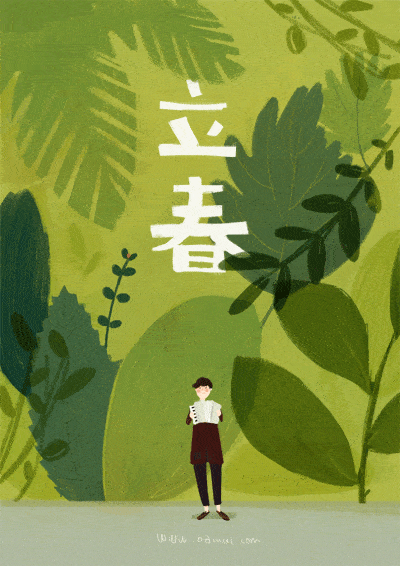
Once 立春 and spring has begun, then snow turns into rain.
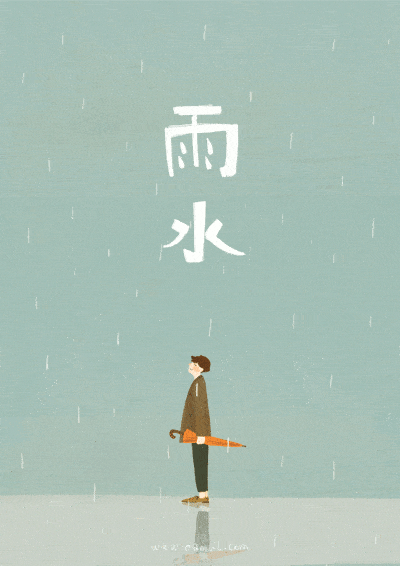
Then the insects awaken.
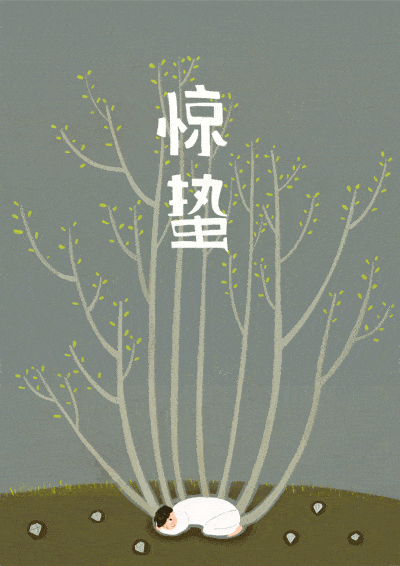
Then it’s time for the Equinox.
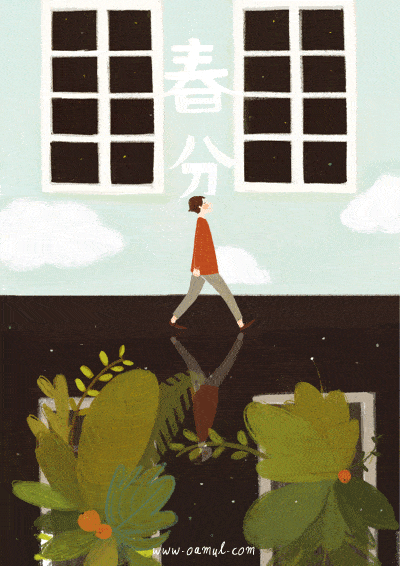
After the equinox, it’s all bright and clear out.
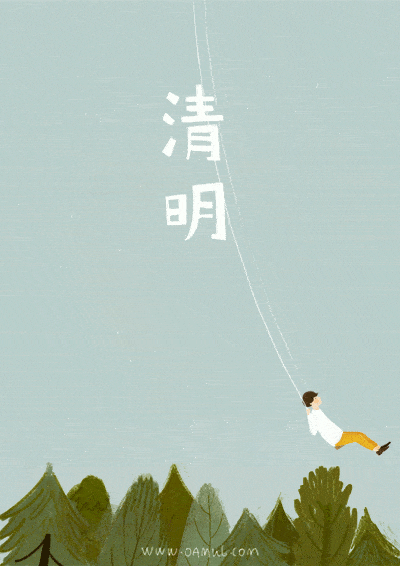

During this solar term, the Pure Brightness festival takes place. It’s also known as the Tomb Sweeping festival, as one of the key traditions is to visit your ancestors and sweep their tombs.
Once it’s all bright and clear, grains start to “rain”.
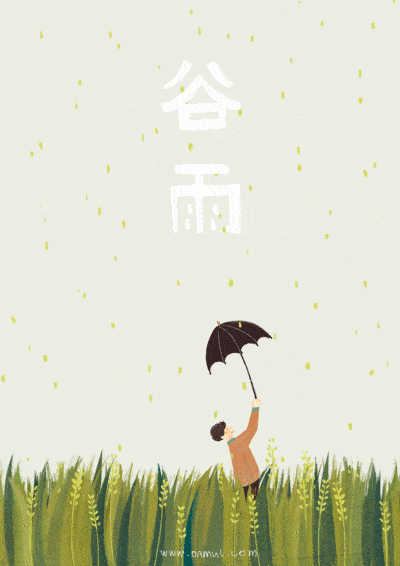
And then once this last solar term, summer starts! What a nice way to describe the different phases the world goes through in Spring, don’t you agree?
Note: Date-wise, these solar Terms are a little over a month ahead of us. So, while it only begins today for us, it started in February according to the Solar Terms. The only time they actually correspond is today, as it’s the Spring Equinox, in addition to being the first day of Spring.
Enjoy the sunshine!
The Nincha Team
Stay in touch with us on Facebook, Twitter, Instagram, and Pinterest.

